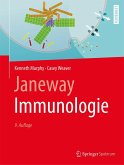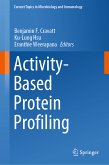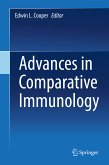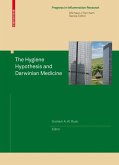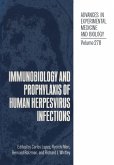The chapters in this book describe ways in which immune cells utilize and are regulated by metabolic pathways. Topics include how immune-cell metabolism shapes immune homeostasis, and how dysregulation of these pathways can lead to immune disorders. In different contexts, such as a tumor microenvironment, immune-cell function and identity may be modified not only by cytokines and checkpoint molecules, but also by nutrient availability and other metabolic stimuli. Transcriptional reprogrammingconfers many of the changes in immune cell metabolism that are seen when a T-cell, for example, undergoes activation or functional adaptation to different environments. Lastly, immune cells can destructively or protectively participate in human metabolic homeostasis or disorders.
This book summarizes immune-metabolism from a variety of different perspectives, including the ways in which metabolic cues, pathways, and requirements of immune cells change in conditions of homeostasis and activation. The exploration of the significance of metabolic checkpoints and other cues, particularly in the context of cancer and immune disorders, may form the foundation for the development of therapeutics.
Dieser Download kann aus rechtlichen Gründen nur mit Rechnungsadresse in A, B, BG, CY, CZ, D, DK, EW, E, FIN, F, GR, HR, H, IRL, I, LT, L, LR, M, NL, PL, P, R, S, SLO, SK ausgeliefert werden.



